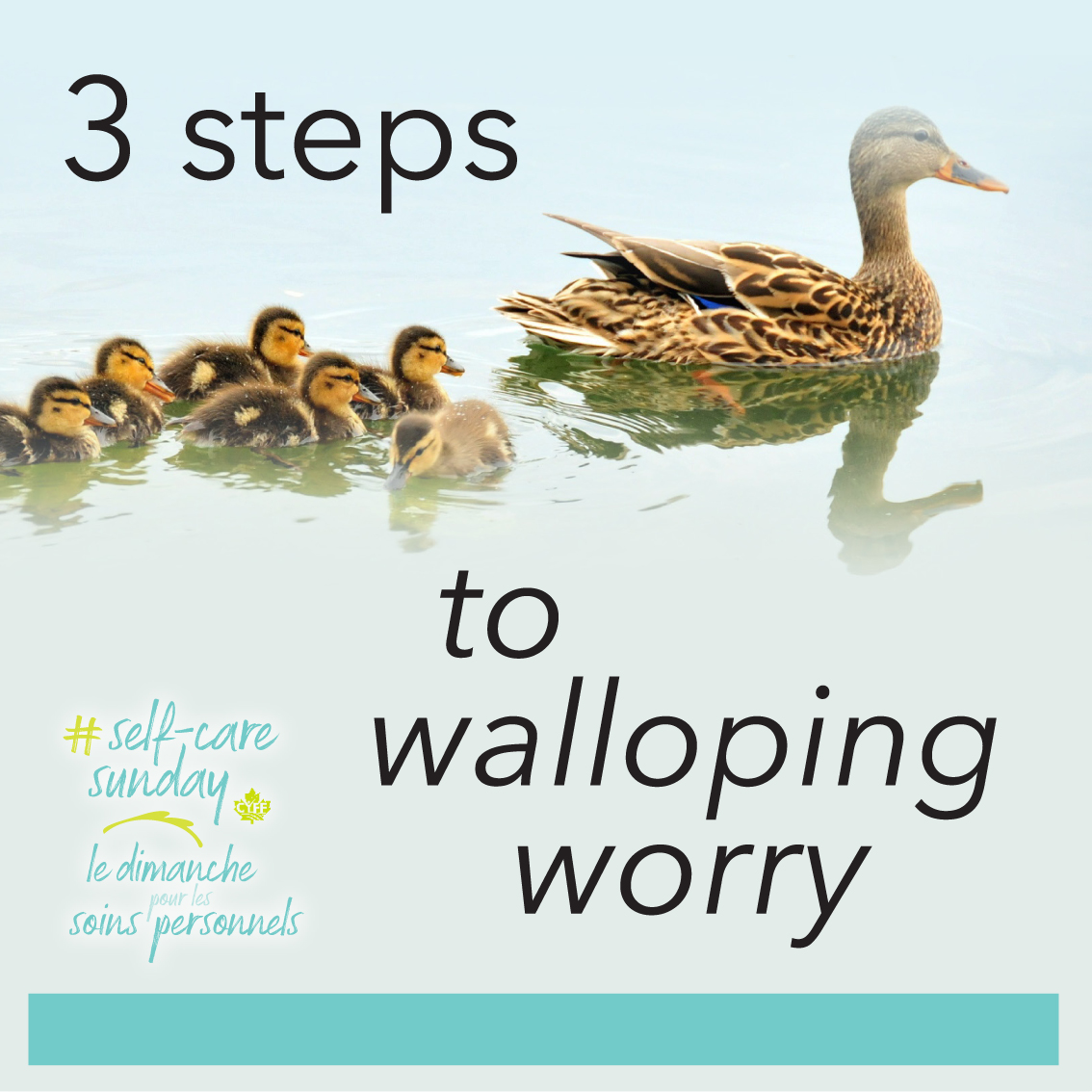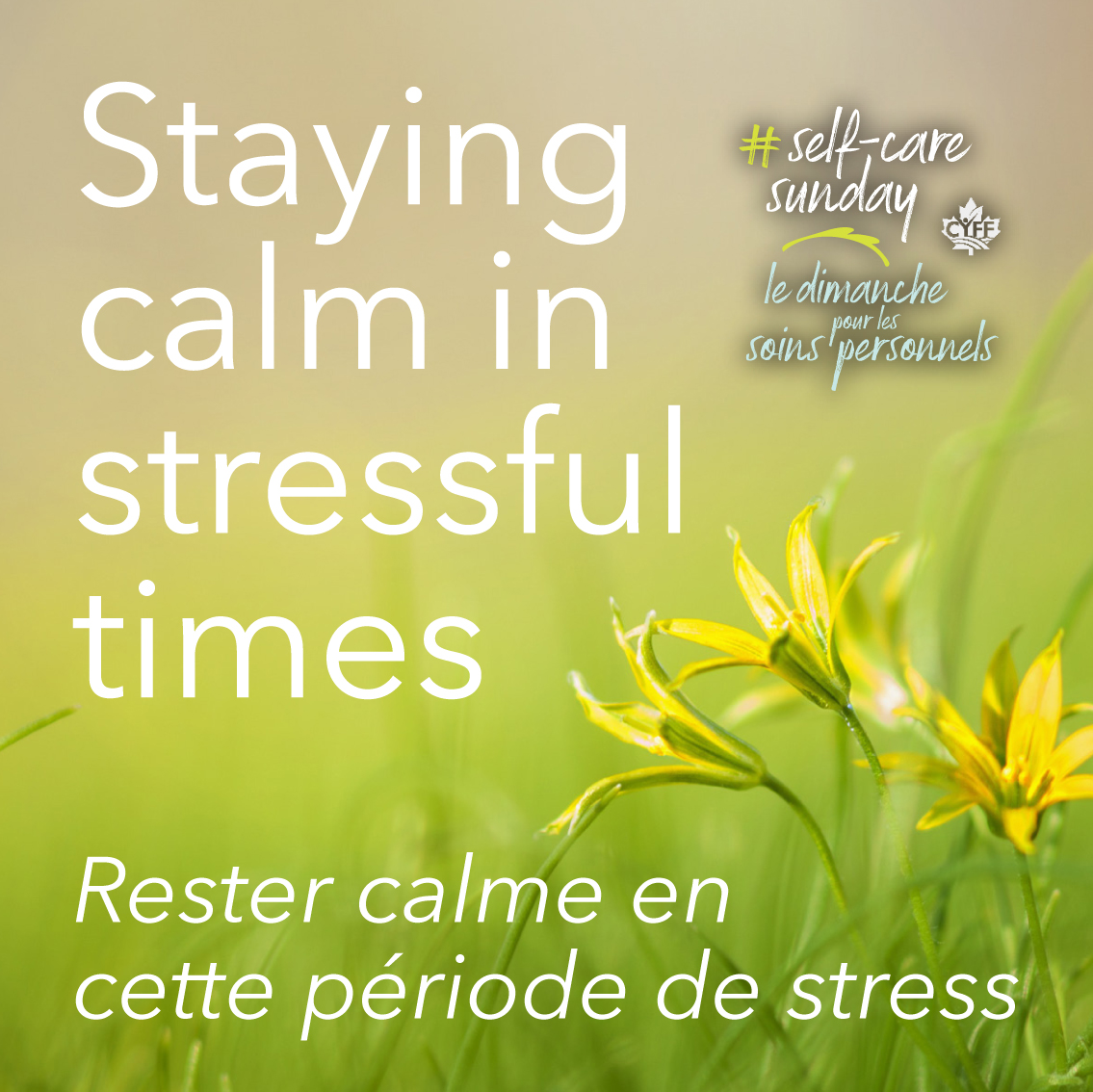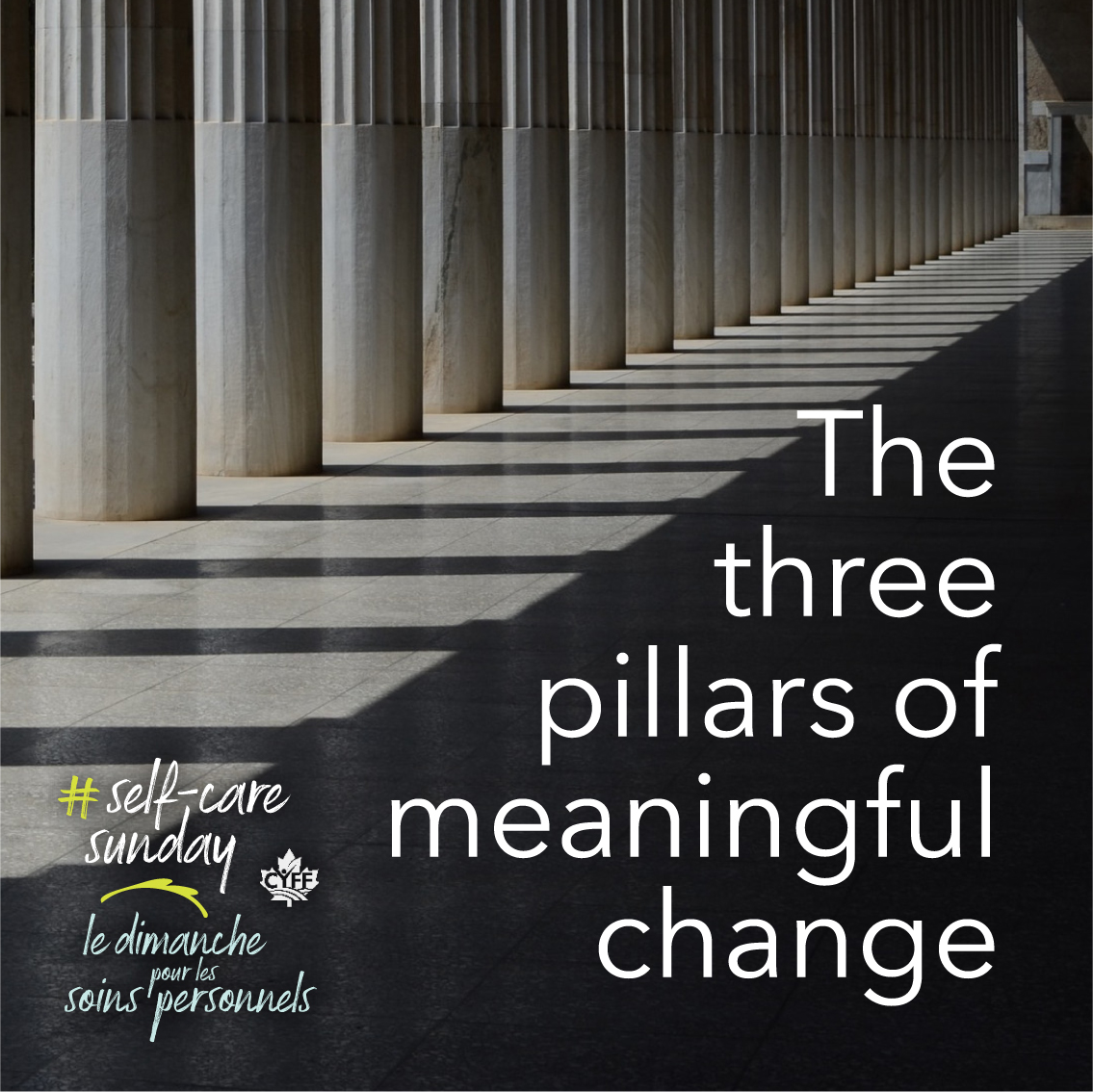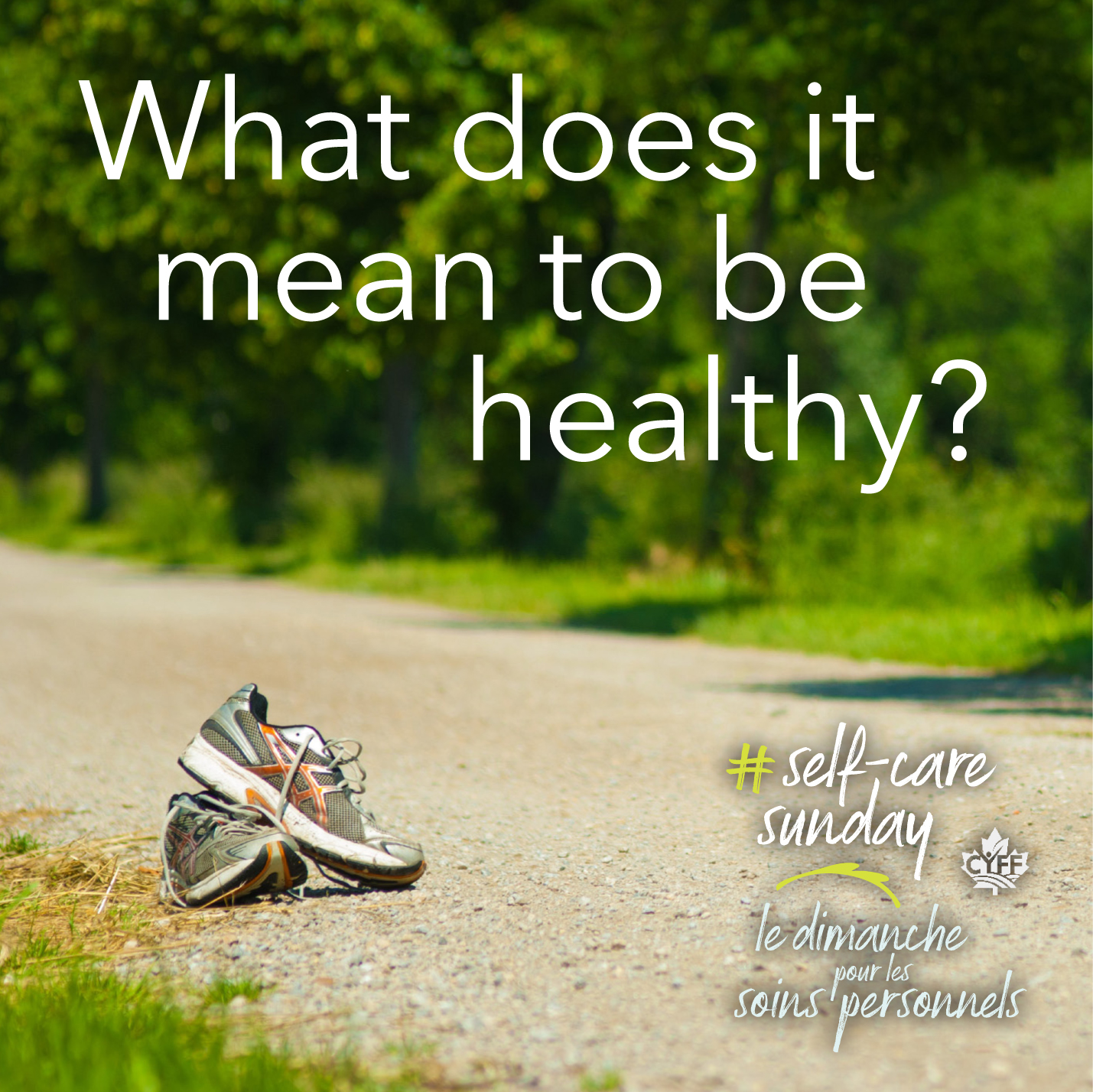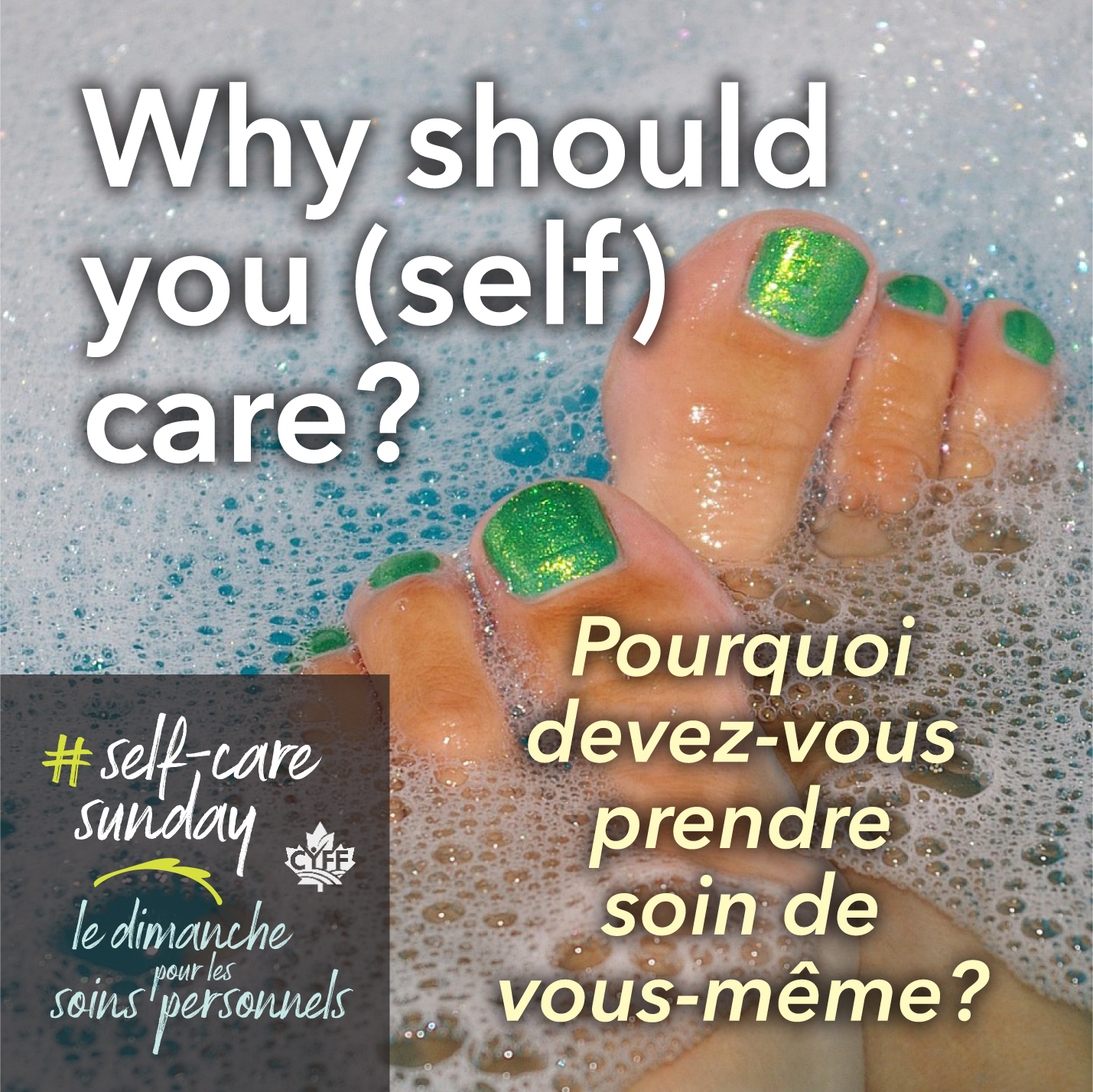

by Jess Campbell
Do you tend to worry about things that haven’t even happened yet (and may never)? Here’s how to disconnect from long-distance worrying once and for all.
Worrying is praying for what you don’t want.
Does that statement resonate with you?
Whether you’re into praying or not, the world has had a lot to worry about lately. For farmers, worrying about the effects of the coronavirus pandemic on top of all the worries that come with spring planting season is enough to put some people over the edge.
Sure, a little bit of worry is okay. But an excessive amount of worry can leave you severely stressed, feeling anxious and unable to make decisions or get anything done.
No one has time for that – especially farmers.
People worry for a variety of reasons but there’s often a common goal among them, and that’s to solve a problem (real or imaginary). So it’s not necessarily unusual to find ourselves worrying about things that haven’t actually happened yet – except worrying about something that hasn’t happened or may never happen hinders more than it helps. The good news is, there are three simple steps to disconnecting from long-distance worrying for good.
THE LONG AND SHORT OF LONG-DISTANCE WORRYING
As humans, we have all learned to live with a level of uncertainty. We go to bed at night assuming we will wake up the next morning. We start our days on the farm taking for granted that we will come home again, safe and sound. It may sound morbid but these are part of life’s uncertainties. It’s when our threshold of uncertainty transitions our thought patterns into long-distance worrying that it becomes a problem.
Dr. David Posen, MD, is an authority on stress management and coined the term long-distance worrying. You may not necessarily be familiar with that term but chances are you’re very familiar with its concept. “Long-distance worrying is about getting ahead of yourself,” Dr. Posen says. “A patient of mine used to call it borrowing trouble from the future. Research shows, most of the things you worry about never come to pass anyway. If you think about it, the things you worry about, if they do happen, are usually not as bad as you had worried they would be. Long-distance worrying is like sending someone a text that reads: “Start worrying. Details to follow.”
Catastrophizing is also involved in long-distance worrying, and is essentially the combination of negative self-talk and exaggeration or magnification. If you’ve ever imagined a worst-case scenario for yourself or others, you’re in the depths of catastrophizing and long-distance worrying. “Negative thinking is one thing,” says Dr. Posen. “But if you then blow it up – for example, thinking you’re not only going to get COVID19 but that you’re also going to die from it – thinking of those things together is catastrophizing and an example of long-distance worrying.”
DISCONNECTING FROM LONG-DISTANCE WORRYING
Dr. Posen states that in order to decrease our stress, we need to increase our feelings of control. To do that, we can implement a three step approach to managing our worries: defer, deflect and confront.
“First, you defer your worry,” Dr. Posen states. “Deferring your worry is basically saying that you’re not going to worry about something until you know there actually is something to worry about. If it turns out there IS something to worry about, you’ll have all the time in the world to worry about it at that time. You don’t need to start now.”
A clear and excellent example of deferring your worry is if you or someone you know has been tested for the coronavirus. After the test has been performed, there is usually a block of time you must wait before receiving the results. As you wait, you can choose to either worry about what the results will be or not. “I’ve saved myself a ton of unnecessary emotional turmoil with the ‘defer’ philosophy,” says Dr. Posen. “I’ve shared it with my patients, family and friends, and it has served me well many, many times.”
Next, you can deflect your worry. “Deflecting your worry means to divert or distract yourself from your worry. Call a friend, read, go for a bike ride, watch TV, do a crossword – anything to take your mind off your worry. When someone is upset and worrying about something, what do you do? You don’t shut the blinds, sit on the floor, play funeral music and worry together. No! You try to cheer them up and divert their thoughts to something else. That’s deflecting.”
The third step in letting go of long-distance worrying is arguably the hardest: confront it. “Confronting your worry means to understand that there are times when it’s not a good idea to push something away or think about it later,” Dr. Posen says. “In my presentations, I have a slide that has Worry on one side and Complacency on the other. In the middle is Concern. Worry is an emotion, a normal reaction. Concern is more of a mental process, an intellectual process. Worry is reactive; concern is proactive. Sometimes, I’ll ask my audiences what they think the difference is between worry and concern. One guy said, ‘Worry is what I choke on; concern is what I chew on.’”
Concern yourself with what’s worrying you; think about it, consider it, confront it head on so that you have a plan or can create a solution to the problem in front of you. This is what it means to confront your worry.
TRAIN YOURSELF TO LOOK FOR THE LIGHT
There will always be something to worry about and/or stress about. But how you approach your worry and your stress makes all the difference, and you can teach yourself to handle it in a way that serves you, says Dr. Posen. “I’ve had patients say to me, ‘What’s the point of worrying anymore?’ That’s a piece of stress mastery. Stress mastery is a higher level of control, as opposed to just coping. It’s most helpful and useful when you can’t change the situation you’re in. For example, say your boss is a jerk so you quit and find a different job with a different boss. Great, no more stress for you anymore. But real stress mastery is when you can’t change your job and the guy is still a jerk – but you figure out how to live with that.”
Worrying is a natural response to life’s curve balls. But worrying about the curve balls that have yet to be thrown does you no good. Defer, deflect or confront, and teach yourself to let go of long-distance worrying for good.


